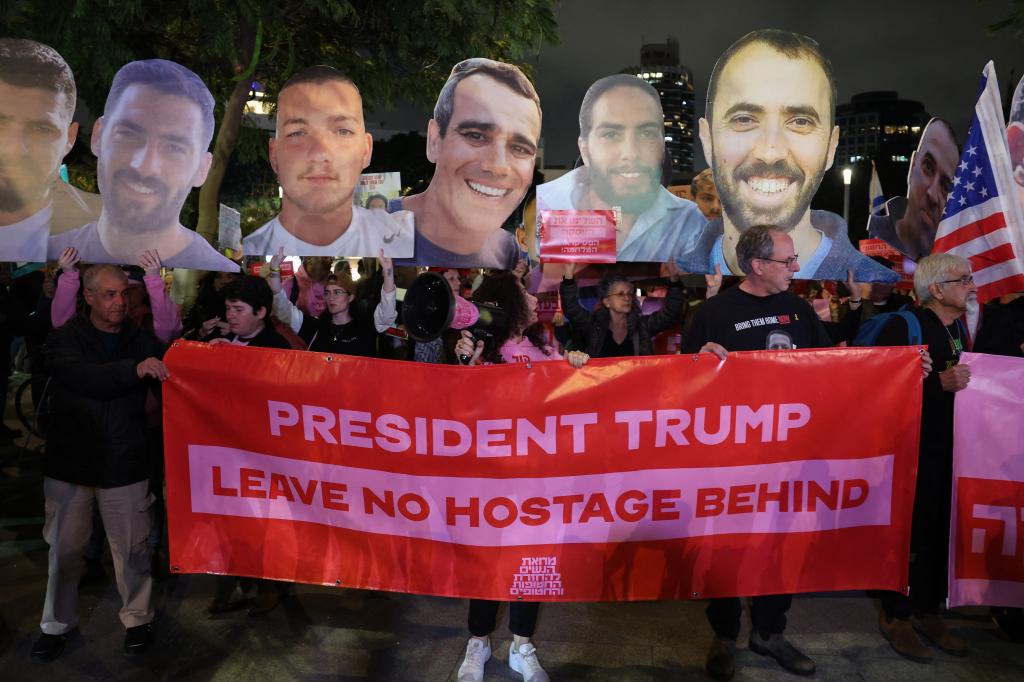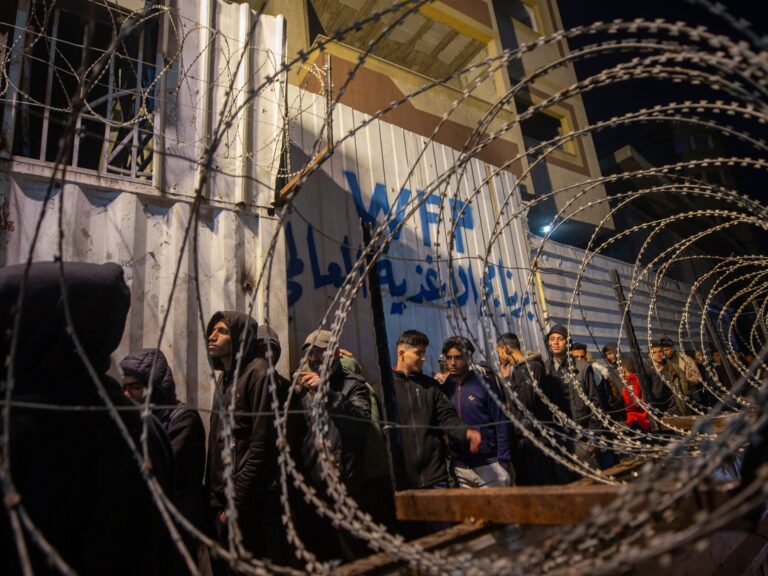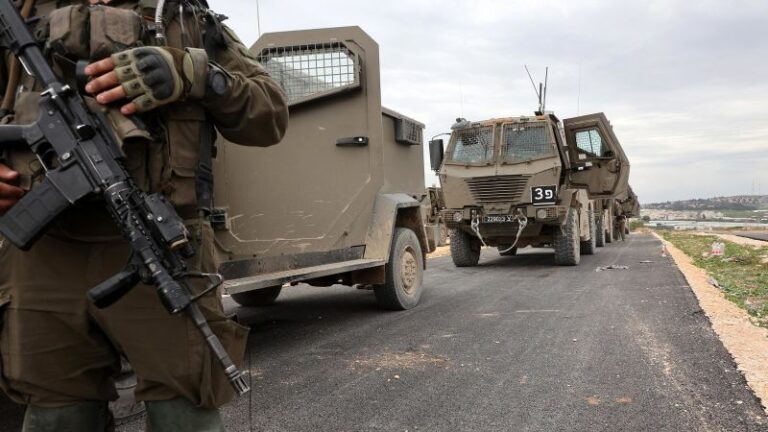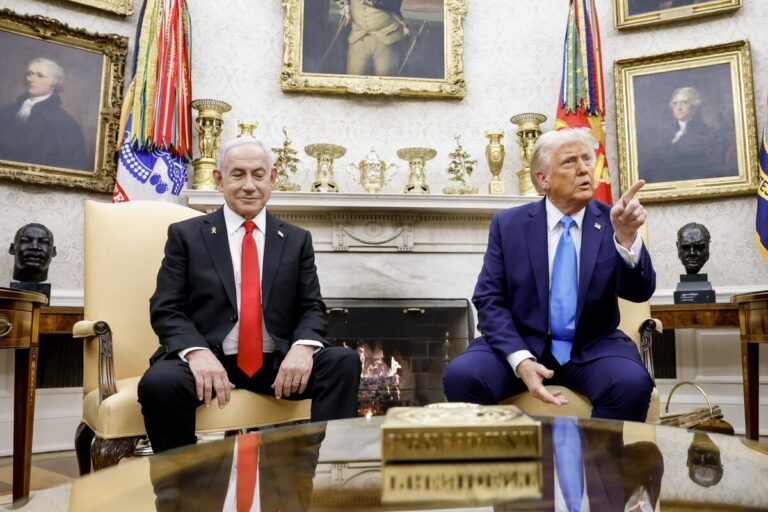
Eitan Gonen is the father of Romi Gonen, who was released from Hamas captivity on Jan. 19 after 471 days.
The morning of Oct. 7, 2023, is tattooed in our memory.
For nearly five hours, I — along with Romi’s mother, Meirav, and our daughter, Yarden — spoke to Romi on the phone as chaos unfolded at the Nova music festival.
With the roads blocked by abandoned and burned cars, the last we heard was that Romi was shot and that terrorists were near her.
Then came the agonizing silence.
Her friends who were with her had been murdered. For almost two months, we had no idea if she was even alive, until other hostages released in the first deal confirmed she had survived.
For 470 days, I ended every interview I gave with the same message: “Romi is coming home alive.”
I didn’t know if she would hear me, but I kept saying it, hoping somehow my words would reach her.
This mantra gave me no choice but to get up every day and fight. I had to be ready for her return every waking moment. Staying in bed and giving up was not an option.
The person who made seeing my daughter possible, after so many months of despair and failed negotiations, was President Donald Trump.
When he set a Jan. 20 deadline for the deal, it applied the necessary pressure, setting in motion the events that would bring Romi home.
I would be honored to shake his hand one day and express my gratitude for his role in reuniting our family.
For the 79 hostages still in captivity as of Friday, including dozens who aren’t even part of the current phase of negotiations, President Trump is their only hope.
Only he could help other families experience the reunion I had. Only he can make the next stages of the deal possible.
After his intervention, the moment we had been fighting for arrived: When I got to speak with Romi in the hospital after her release on Jan. 19, her first words to me were: “Dad, I came home alive!”
Those words, which made everything worthwhile, confirmed what I had always believed — that our voices could reach across the void and give strength to those we love.
My daughter’s strength continues to amaze me.
She learned Arabic to communicate with her captors — it was her only way to survive.
She found a crucial ally in Emily Damari, another hostage who had been taken from her home in Kfar Aza. God somehow brought them together, and their bond helped them both endure.
The hardest lesson I learned was that hopelessness consumes energy you can’t afford to waste.
I channeled every resource efficiently; every ounce of energy had to be directed toward bringing Romi home.
I refused to stay in bed and cry. I knew Romi wouldn’t want to hear that her father had collapsed in her absence.
Instead, I had to reinvent myself daily. My wife Meital and I spoke with more than 50,000 people across Israel, telling the story of Romi and the family. We printed t-shirts and distributed stickers — anything to keep Romi’s presence alive in the world.
Now, as we begin the long journey of rehabilitation, we’re taking things at Romi’s pace. We’re giving her the autonomy and control that was taken from her for so long. Sometimes we just sit together in silence, touching, hugging, watching — simple moments I missed so desperately for all those many, many months.
To all the other families still waiting for their loved ones: Don’t lose hope. Keep fighting, let your loved ones know they haven’t been forgotten.
With 79 hostages still in Hamas captivity, we cannot rest.
We cannot celebrate fully until every last hostage returns home to their family.
Hope isn’t just an emotion — it’s a strategy for survival.
And sometimes, as in our case, it works.



